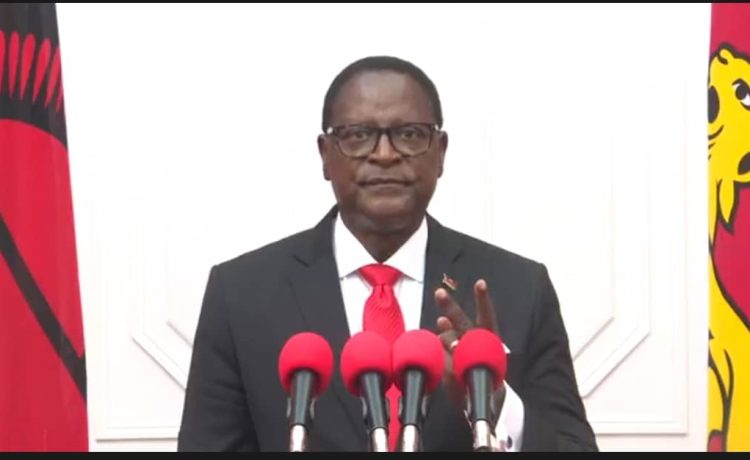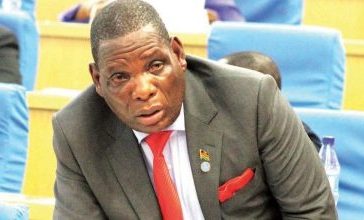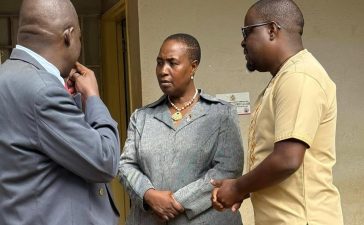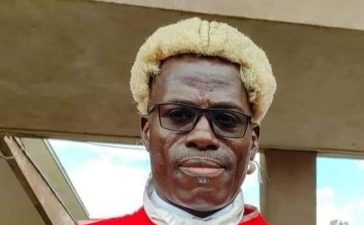Malawi’s democracy reached a new milestone on Wednesday as President Lazarus Chakwera formally conceded defeat to Peter Mutharika following the tightly contested 2025 elections. The announcement, made at Kamuzu Palace in Lilongwe, marks only the second time in the country’s history that a sitting president has peacefully handed over power after losing an election.
Chakwera’s concession carries symbolic weight. The first leader to concede defeat was Malawi’s founding president, Hastings Kamuzu Banda, who stepped aside in 1994 after losing to Bakili Muluzi in the country’s first multiparty elections. By contrast, when Peter Mutharika lost the presidency to Chakwera in 2020, he refused to cooperate, remained combative, and accused the courts and electoral body of bias — an attitude that delayed and complicated the transfer of power.
In his statement, Chakwera acknowledged the pain of defeat but underscored the importance of putting the nation first. “The people have spoken, and in a democracy, their voice is final. I have done my part, and it is now time to pass the torch of leadership. My prayer is that unity, peace, and progress must remain the pillars of our nation,” he said.
Analysts say Chakwera’s move cements Malawi’s reputation as one of Africa’s emerging democracies where constitutional order and the will of the people are respected. “This concession is bigger than politics. It shows Malawi is maturing. It shows we are learning that leaders are temporary but the nation is permanent,” said political analyst Mavuto Banda.
Supporters of Chakwera expressed disappointment but praised him for demonstrating statesmanship. “It is not easy to concede, but this is the path of peace. This is how nations are built,” said one MCP supporter outside the palace.
Mutharika, set to reclaim the presidency five years after losing it, is expected to be sworn in later this week. His return to power has raised questions about how he will govern in a changed political landscape. But for now, Malawians and the international community are hailing Chakwera’s decision as a defining moment — one that confirms that Malawi’s democracy, though still fragile, has matured with dignity and resilience.













